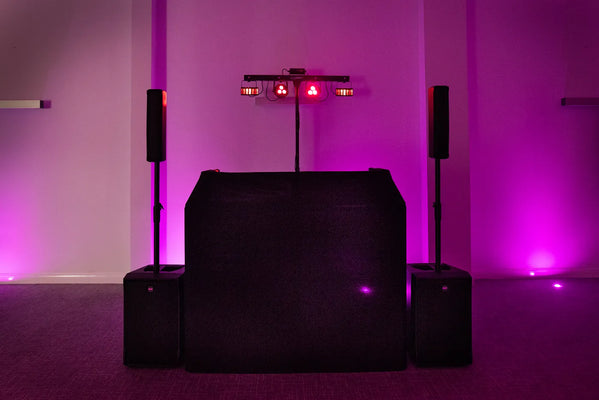Six Effective Ways for Singers and Musicians to Overcome Performance Anxiety
by
Sheldon Conrich
07 Dec 2024
Performance anxiety—often called "stage fright"—is a common challenge for singers and musicians, no matter how experienced. Whether you're preparing for a live concert, a small recital, or a big audition, the pressure to deliver your best can sometimes feel overwhelming. Fortunately, there are proven ways to reduce anxiety and make your performance more enjoyable and confident. Here are six strategies to help you manage performance anxiety:
1. Practice Mindfully and Consistently
Confidence on stage starts in the rehearsal room. Practicing consistently, with a focus on the areas where you're least confident, builds muscle memory and reduces uncertainty.-
Mindfulness Tip: Instead of practicing in a rush, break songs into sections and improve one part before moving to the next. Visualisation techniques—mentally rehearsing your performance—can also help build confidence.
2. Create a Pre-Performance Routine
Establishing a pre-performance routine can help your body and mind transition from practice mode to performance mode.-
Routine Ideas: This could include a vocal warm-up, light physical stretches to release tension, and a few deep breathing exercises. Over time, these rituals signal to your brain that you’re ready to perform, helping to reduce nervousness.
3. Use High-Quality Backing Tracks
One of the most overlooked contributors to performance anxiety is the fear of something going wrong with your accompaniment. Having reliable, professional-quality backing tracks can help ensure your performance sounds polished and goes smoothly.- Why Backing Tracks Matter: With trustworthy tracks, you don’t have to worry about missed cues, out-of-sync music, or unprofessional quality.
-
Recommended Source: Acoustic Backs And Tracks is an excellent option for finding high-quality, anxiety-free backing tracks tailored to your style. Their tracks are designed to complement your performance seamlessly, so you can focus on connecting with your audience instead of stressing over the music.
4. Reframe Nervous Energy
Instead of trying to eliminate nerves entirely, reframe that energy as excitement. Research shows that shifting your perspective from “I’m nervous” to “I’m excited” can change how your brain processes stress.-
Practical Application: Before you perform, remind yourself that those butterflies in your stomach mean you care deeply about your craft. Channel that energy into a passionate performance.
5. Embrace Visualisation and Positive Self-Talk
Visualisation and affirmations are powerful tools for calming nerves.- Visualisation Technique: Spend a few minutes each day picturing yourself on stage, delivering a flawless and engaging performance. Imagine the audience’s applause and your own feelings of success.
-
Positive Self-Talk: Replace negative thoughts (“What if I mess up?”) with affirming statements like, “I’ve prepared for this, and I’m ready to succeed.” Over time, these habits can rewire your mindset.
6. Build Experience with Low-Stakes Performances
If large performances feel daunting, practice in front of smaller, low-stakes audiences first.- Opportunities: Perform for family, friends, or at open mic nights to get accustomed to being on stage. The more you perform, the more familiar the experience becomes, reducing anxiety over time.

Remember: every performer, no matter how seasoned, has faced these challenges. It’s not about eliminating nerves entirely but learning how to manage them to deliver your best performance.














